Let’s face it, the world’s economy is a house of cards. One wrong move and the whole thing could come tumbling down. I’ve spent years studying economic trends and prepping for worst-case scenarios. Trust me, a global economic collapse isn’t just possible – it’s probable. But don’t panic! Knowledge is power, and knowing what to expect can help you weather the storm. Here’s my list of 24 realistic things that could happen during a global economic meltdown.
Bank Runs and Account Freezes

When the economy tanks, people panic. They rush to withdraw their money, causing banks to run out of cash. I’ve seen this happen in smaller scales before. Banks might limit withdrawals or freeze accounts entirely. Keep some cash at home – I’d say at least a month’s worth of expenses. But remember, in a true collapse, even cash might become worthless.
Hyperinflation

Imagine paying $100 for a loaf of bread. That’s hyperinflation. When the economy collapses, governments often print more money, thinking it’ll help. It doesn’t. Instead, prices skyrocket. In Zimbabwe in 2008, inflation hit 79.6 billion percent. Stock up on non-perishable goods now. They’ll be worth more than money in a crisis.
Job Losses

In a global economic collapse, businesses shut down left and right. Unemployment skyrockets. During the Great Depression, unemployment in the US hit 25%. That’s one in four people without a job. Diversify your skills now. Learn to repair things, grow food, or provide essential services. These skills will always be valuable.
Supply Chain Disruptions

We take stocked shelves for granted. But when the economy falls apart, so do supply chains. You might see empty shelves in stores. During COVID-19, we got a taste of this. Remember the toilet paper shortage? Now imagine that, but with food and medicine too. Start building a pantry of essentials. Aim for at least three months’ worth.
Power Outages

Keeping the lights on costs money. In an economic collapse, power companies might struggle. Blackouts could become common. In Venezuela’s economic crisis, power outages lasted for days. Invest in alternative power sources like solar panels or a generator. And always have backup lighting – candles, oil lamps, and battery-powered lights.
Fuel Shortages

No money means no fuel imports. Gas stations run dry. In Greece’s 2015 economic crisis, long lines formed at gas stations as people panic-bought fuel. Keep your tank at least half full at all times. Consider storing some fuel safely at home, and have alternative transportation like bicycles ready.
Food Scarcity

When the economy collapses, food becomes scarce and expensive. Venezuela’s economic crisis led to widespread hunger. People lost an average of 24 pounds in 2017 due to food shortages. Start a garden now. Learn to preserve food. Build relationships with local farmers. Your stomach will thank you later.
Civil Unrest
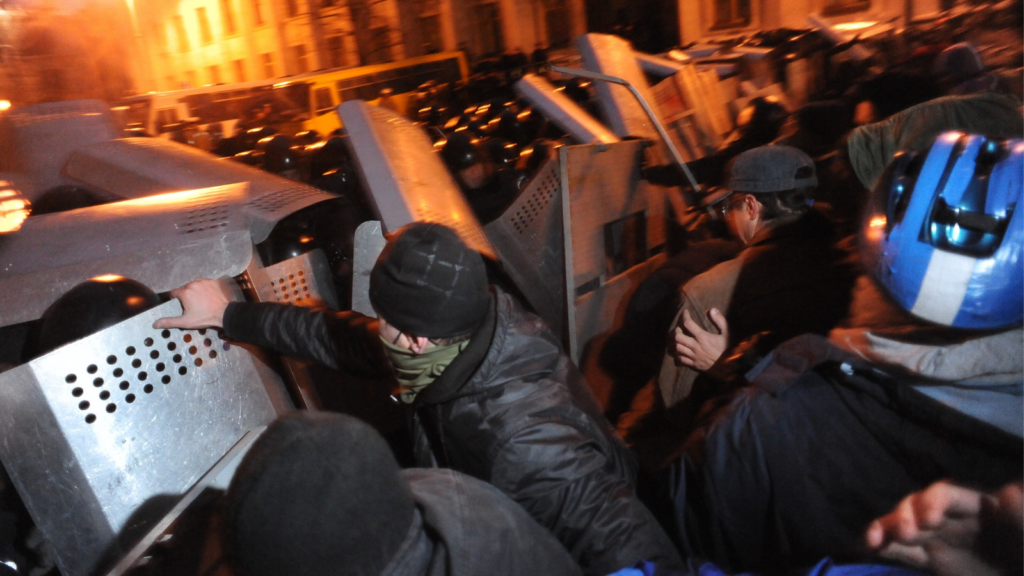
Economic hardship breeds anger. Protests can turn violent. Looting becomes common. During Argentina’s economic collapse in 2001, widespread riots led to 39 deaths. Know how to protect yourself and your property. Have a bug-out plan ready in case you need to leave quickly.
Government Overreach
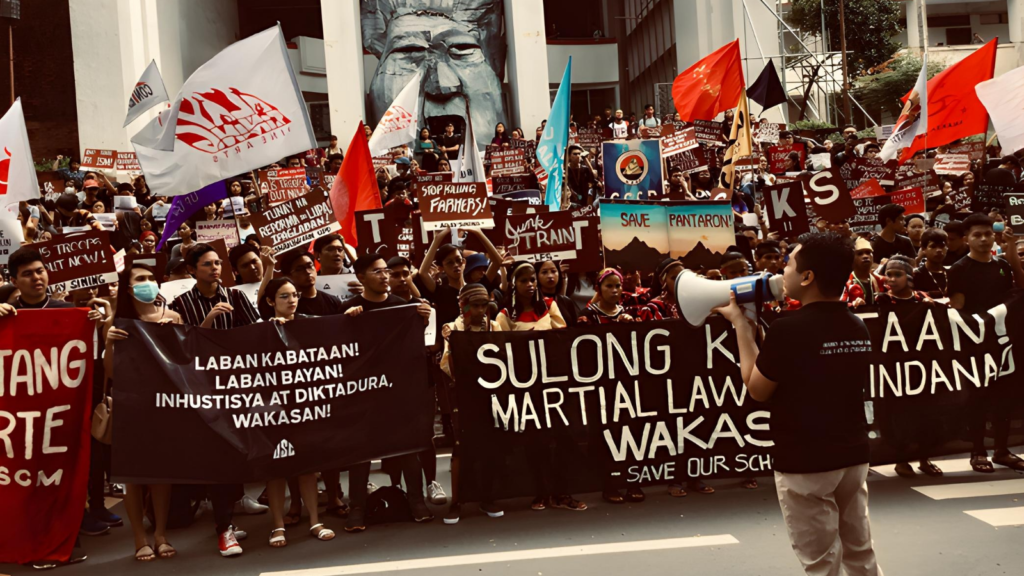
Desperate times lead to desperate measures. Governments might impose strict controls to maintain order. Think martial law, curfews, or asset seizures. During the Great Depression, the US government confiscated private gold holdings. Be prepared for increased restrictions on your freedoms.
Healthcare System Breakdown
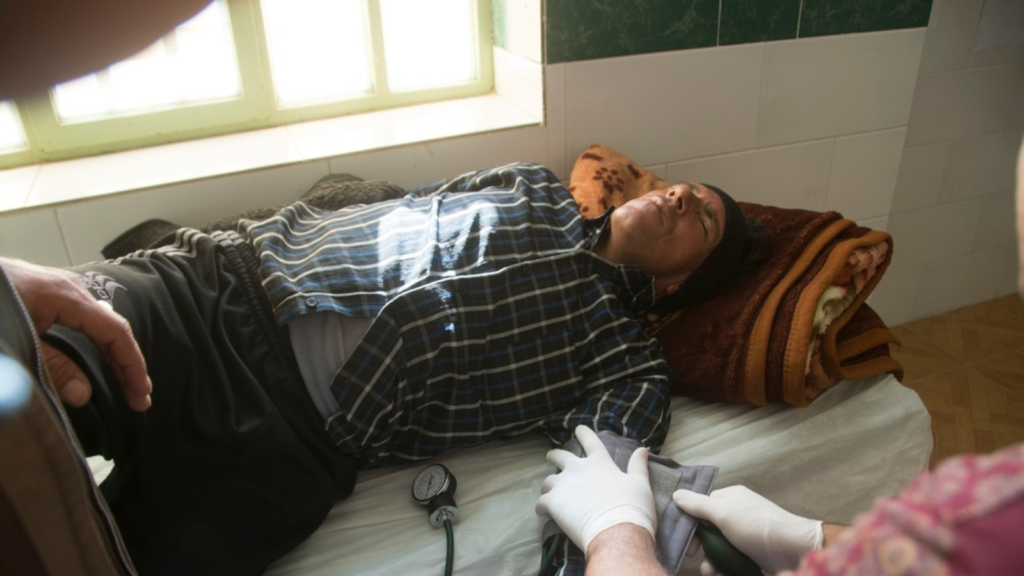
No money means hospitals can’t buy supplies or pay staff. The healthcare system could collapse. In Greece’s economic crisis, hospitals ran out of basic supplies like gloves and syringes. Stock up on first aid supplies. Learn basic medical skills. Stay as healthy as possible to avoid needing medical care.
Property Value Plummet

When the economy tanks, so does the housing market. Your home’s value could drop overnight. During the 2008 financial crisis, US home values fell by 20% on average. Some areas saw drops of over 50%. Don’t rely on your home’s value as a safety net. Diversify your assets if possible.
Pension and Retirement Fund Failures

Those counting on pensions or 401(k)s might be in for a shock. These funds can collapse in an economic meltdown. In the 2008 crisis, some retirement accounts lost up to 40% of their value. Have multiple income streams and savings methods. Don’t put all your eggs in one basket.
Barter Economy Emergence

When money loses value, people turn to bartering. Skills and tangible goods become the new currency. In Greece’s crisis, I heard of doctors accepting chickens as payment. Learn valuable skills. Stock up on items that will always be in demand, like hygiene products or tools.
Mass Migration
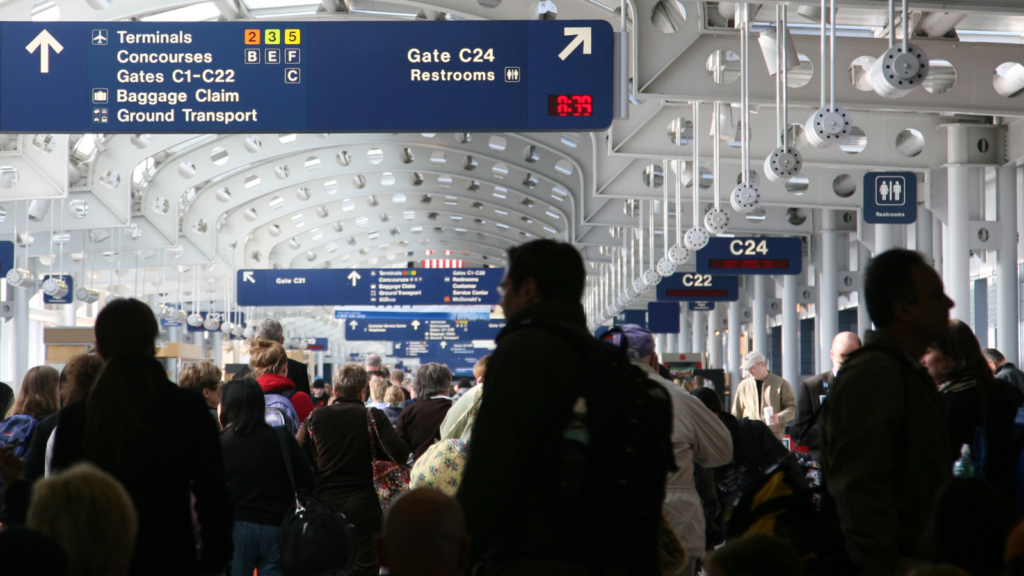
Economic collapse in one area can lead to mass migration, as people seek better opportunities elsewhere. During the Great Depression, 2.5 million people left the Great Plains states. This can strain resources in other areas. Be prepared for population shifts and potential conflicts.
Education System Disruption

Schools rely on public funding. In an economic collapse, education takes a hit. Teachers go unpaid, schools close. In Greece’s crisis, many schools couldn’t afford heating in winter. Have resources ready to homeschool if necessary. Books, educational games, and offline learning materials are crucial.
Public Transportation Breakdowns
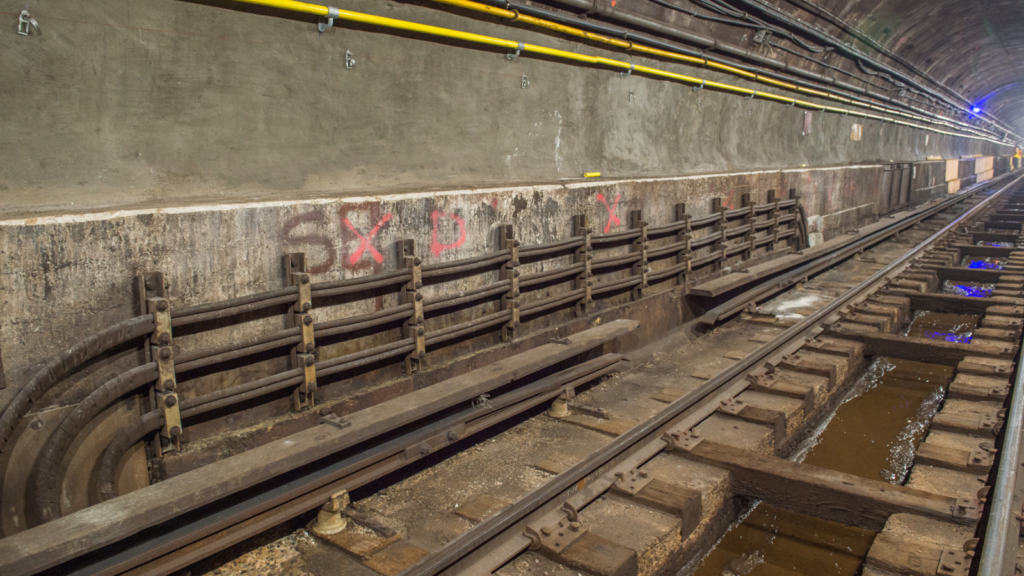
No money for maintenance means public transport grinds to a halt. Buses stop running, subway systems shut down. In Venezuela’s crisis, 51% of buses were out of service by 2018. Have alternative transportation plans. Bicycles, good walking shoes, and carpooling networks can be lifesavers.
Communication Network Failures
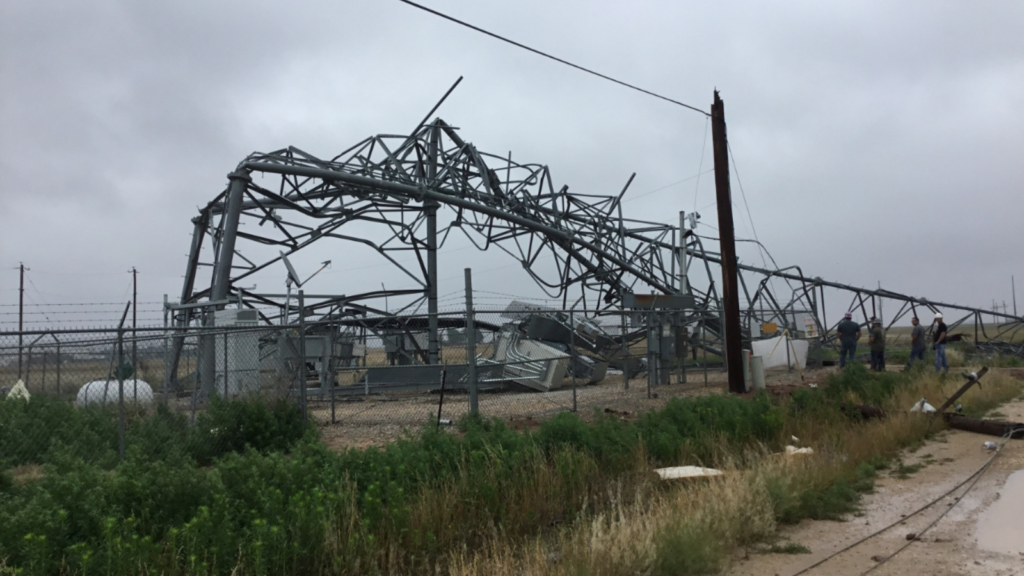
Phone and internet services might become unreliable or completely fail. Companies can’t maintain infrastructure without money. In Puerto Rico after Hurricane Maria, 95% of cell sites were out of service. Have backup communication methods like walkie-talkies or ham radios.
Water System Failures

Clean water isn’t guaranteed in an economic collapse. Water treatment plants need money to operate. In Flint, Michigan, budget cuts led to a water crisis affecting thousands. Store water and have multiple ways to purify it. Rain barrels, water filters, and purification tablets are must-haves.
Increased Crime Rates
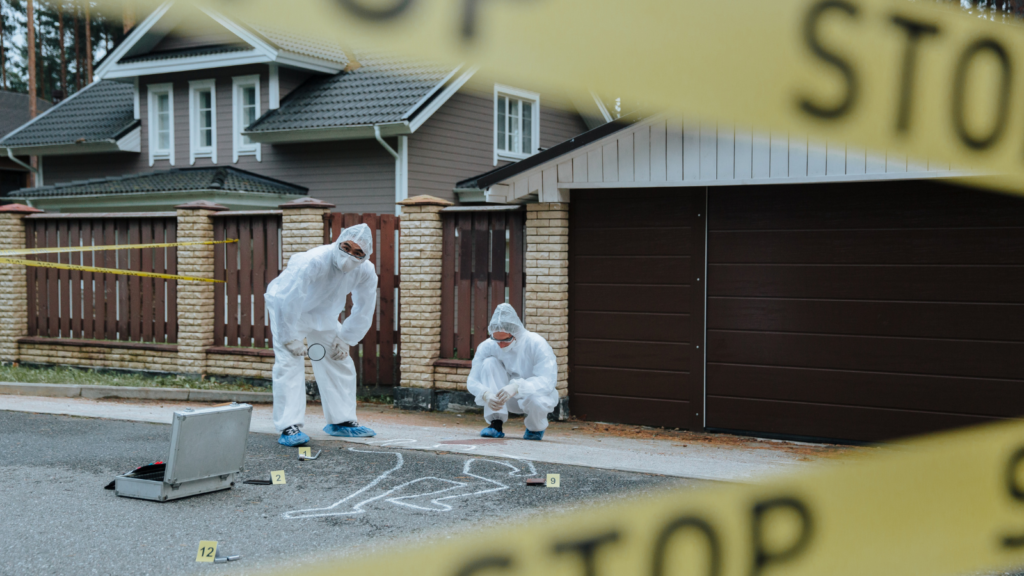
Desperate people do desperate things. Crime rates typically spike during economic crises. During the Great Depression, crime rate in US cities increased by 13%. Know how to protect yourself and your property. Community watch groups can be effective in deterring crime.
Mental Health Crisis

Economic stress takes a toll on mental health. Depression, anxiety, and suicide rates often increase. During Greece’s economic crisis, suicide rates rose by 35%. Prioritize mental health. Have coping strategies ready. Support networks are crucial during tough times.
Collapse of Social Services

Government-funded social services often disappear in an economic collapse. Welfare, unemployment benefits, and social security might vanish overnight. In Greece, pension payments were cut by up to 40%. Don’t rely solely on government assistance. Build your own safety net through savings and community networks.
Currency Devaluation
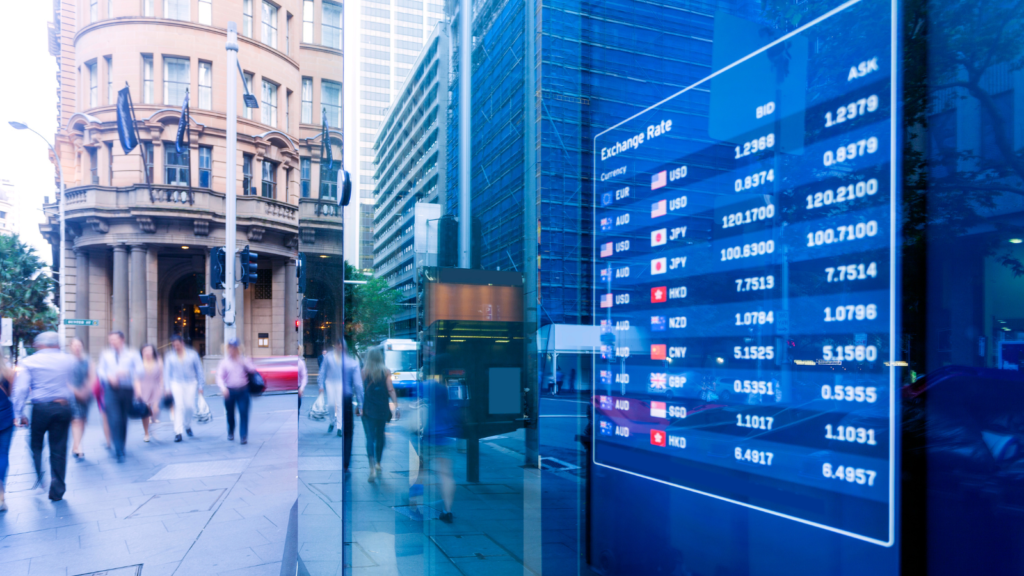
Your money might become worthless overnight. In Yugoslavia in 1994, inflation hit 313 million percent per month. The government had to print a 500 billion dinar note. Diversify your wealth. Consider holding some stable foreign currencies or precious metals as a hedge.
Loss of Property Rights

In severe economic collapses, property rights can be ignored. Governments or desperate individuals might seize private property. During the Russian economic crisis of 1998, many people lost their homes to bank foreclosures. Know your rights and have plans to protect your property.
Breakdown of Law and Order
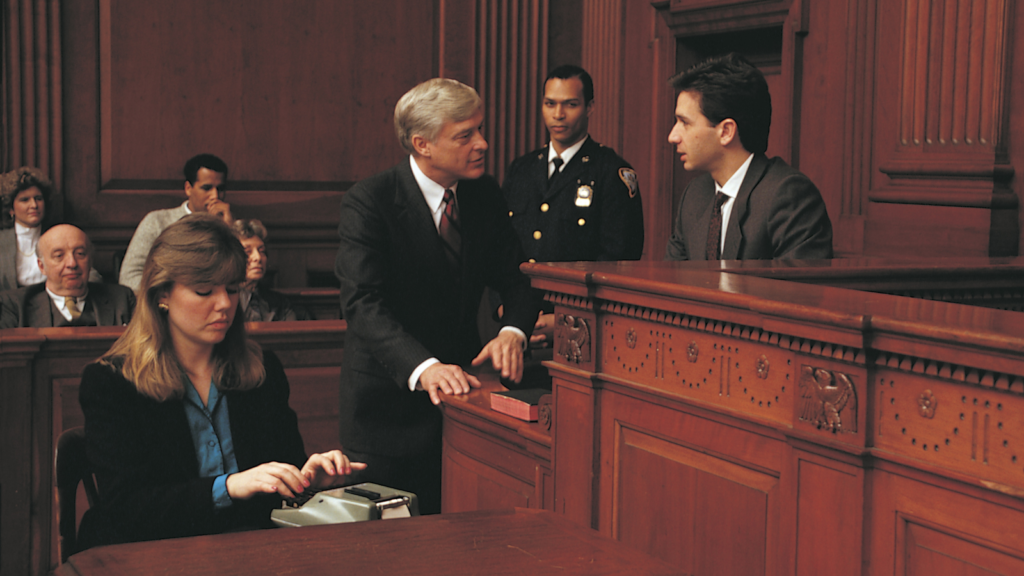
When the economy collapses, so can the rule of law. Police might go unpaid, courts might close. In Argentina’s 2001 crisis, the government declared a state of siege as law and order broke down. Be prepared to protect yourself and your family. Community organization becomes crucial in maintaining order.

